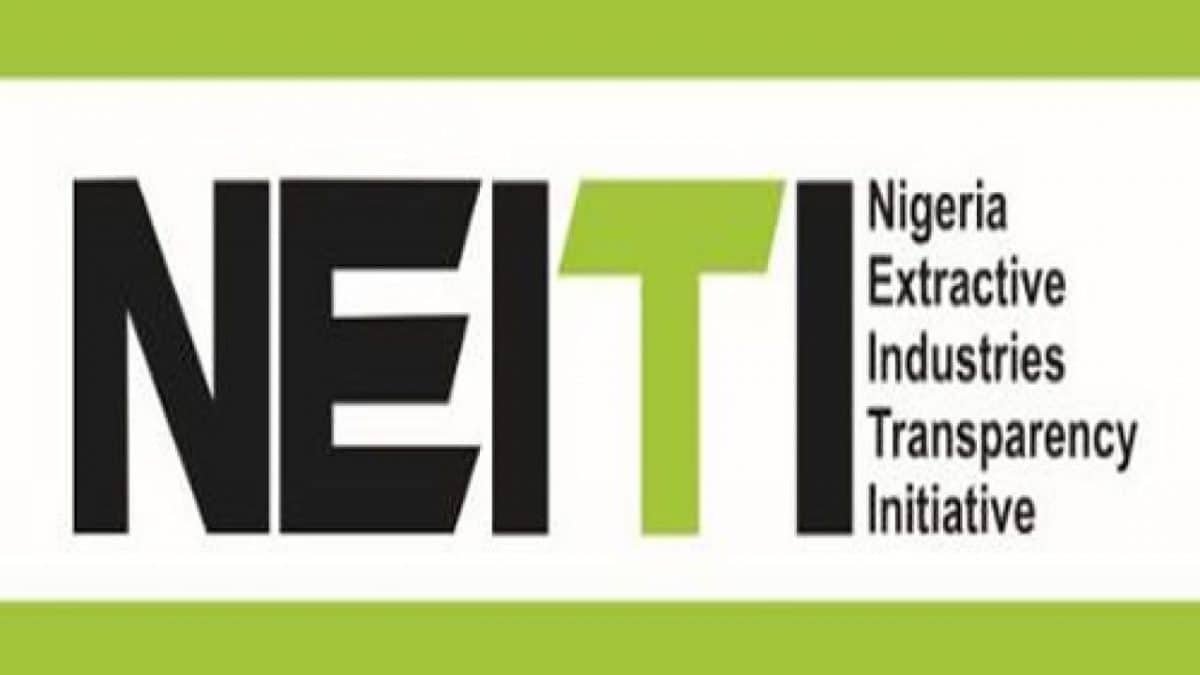This year’s Kano Social Influencers Summit which ended yesterday had about 600 physical participants in addition to hundreds of online virtual participants. In addition to fans like me, there were experts, industry players, government leaders and of course that post-modern category called social influencers. This refers to the traditional ones such as religious and traditional leaders but also the ubiquitous social media influencers. I’ve been a fan from the beginning because the annual Summit offers me the opportunity to learn about current trends in the technology sector, an area I have no expertise on. It also links with my area of interest in current trends in the development of capitalist exploitation and accumulation. Finally, it raises my concerns about the dangers posed by the growth of surveillance capitalism and its threats to democracy and freedoms.
The theme this year is artificial intelligence (AI) in election and governance: Between the Potentials for Enhancement of Processes and the Perils of Digital Surveillance and Misrepresentation. Topics covered included AI, Ethics, Trust and Elections, the role of religious/traditional leaders in guiding the ethics of AI development, what Nigerian AI players are doing, government engagement with AI at the federal and state levels and accountability or lack thereof of platforms and corporations. The Summit also reviewed the current and projected impact of AI on civil space, conflicts and violence and persons living with disabilities.
AI holds a lot of promise when we look at perspectives for rapid development. It can create a huge bounce that can make the Nigerian youth to leap frog others along the development path. This however needs that challenges to its development are addressed. One huge challenge is the availability of data centres for the storage, processing and retrieval of data. Currently, there are only seven data centres in the country with six in Lagos and the seventh in Abuja. A new mega centre is being established in Lagos by Facebook and another in Kano. All these centres confront a huge challenge, they need electricity without even a one second break and they are not getting it. The other challenge is broadband infrastructure where only 50% of the country is covered at this time. Finally, existing speed could be much higher but the telecommunications companies are not pushing for higher speed but are focused on exploiting customers through the sale of data.
One advantage we have is a growing number of young persons that are becoming very skilled in the sector. The Summit provided space for young software developers to use AI tools to develop applications that would be useful to society. The format of engagement was a hackathon in which groups of developers competed to get the winner’s prize. One group known as the Heath Hub was working on an application to address the problems of women’s heath during the pregnancy journey on a mass scale using telemedicine. A second group, XI, is working to produce an on-line Ap for universities that could make clearance at the end of their course an affair of a couple of hours rather than the three weeks of moving from office to office that is currently required. A third group, Daren Signs, is developing a rechargeable pumping machine whose rotor would continuously charge the battery cutting down on bills for petrol or diesel. A fourth group is creating a website to help farmers improve their productivity by bring together existing knowledge on soil health, pest control and optimum use of fertilisers. Finally, a group, Resource Link is producing a platform for community members to advertise skills and equipment they have to improve community bonding, cooperation and lower costs of business. I wish them all the best of luck.
ICT Advisers to the Kano and Jigawa State Governors made presentations of their government’s engagement in training and deployment of ICT. Jigawa has had an illustrious history in deploying such technologies in the State but it is interesting that twenty years after Governor Saminu Turaki bragged about launching E-Governance, it is still a work in progress. With the Minister of Digital Economy determined to train three million young Nigerians in the field over the coming months, we hope to start seeing concrete outputs from the sector.
AI has vast capacities for doing a lot of good. It can also be used to do a lot of harm. For these reasons, ethics and regulations are very important for its development. We must develop the eco-system towards orienting it to do good for our society and avoid its traps. The four or five corporations that control the sector at the world level have become very powerful. An Elon Must who bought over twitter is sufficiently powerful and arrogant to tweet a message requesting people to shoot the American President dead but also to consciously seek to destroy the democratic system for selfish purposes. They feel enabled to use their control of communication resources to exploit the world for their own benefit.
They have developed surveillance capitalism to a level that it has become a menace for the world. Invented at Google and elaborated at Facebook in the online milieu of targeted advertising, surveillance capitalism has established a system that has overwhelmed the networked sphere, grossly disfiguring the earlier dream of digital technology as an empowering and emancipatory force.
The feeling I get from the large number of enthusiastic young men and women in the Summit is that they are ready and determined to be major players in this field. They do not feel encumbered with Nigeria’s litany of failed development projects. Best wishes to them. May good ideas continue to flow in a new world where the mass of the people could be beneficiaries.





